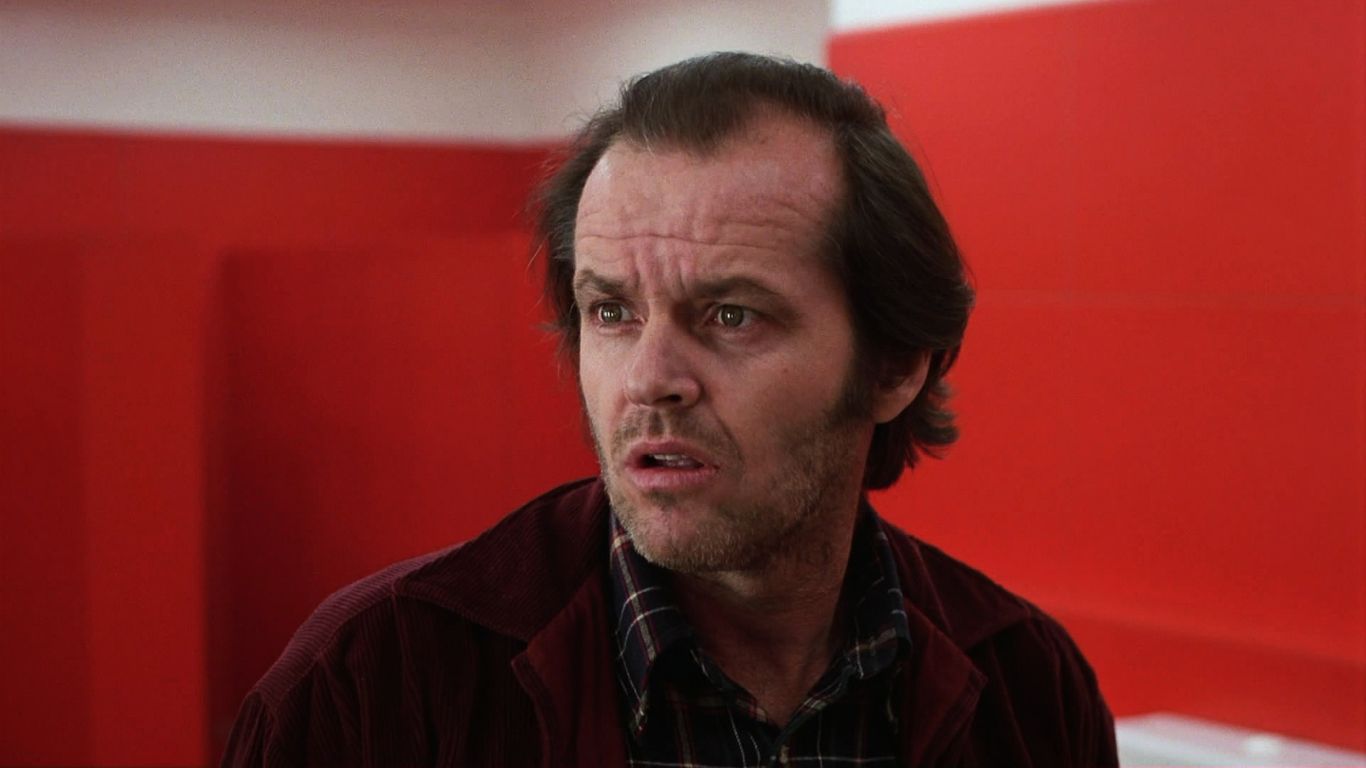Jack Nicholson’s portrayal of Jake Gittes in Chinatown remains one of the most iconic performances in cinema history. Over the years, the film has been celebrated for its intricately woven narrative, its dark, atmospheric tone, and the unforgettable characters that bring the story to life. Among these characters, Nicholson’s Jake Gittes stands out, and recently, the actor shared a behind-the-scenes secret about how he brought this complicated character to life.
A Look Back at ‘Chinatown’
Chinatown (1974) is a film that stands as a defining moment in American cinema. Directed by Roman Polanski, the film follows Jake Gittes, a private detective who finds himself embroiled in a web of deception, betrayal, and corruption. The film’s success was not only due to its compelling storyline but also due to the powerhouse performances of its cast, particularly Nicholson. His portrayal of Gittes was subtle, intense, and layered, drawing audiences into his world of mystery and moral ambiguity.
Jack Nicholson’s Approach to the Role of Jake Gittes
Jack Nicholson’s performance as Jake Gittes is much more than just delivering lines. Gittes, a seasoned private detective with a knack for uncovering the truth, also reveals a more vulnerable side. Nicholson understood that Gittes wasn’t just a tough, wise-cracking investigator; he was a man wrestling with his own flaws. Nicholson brought these flaws to the forefront, creating a character that felt alive and real—one who could be both flawed and heroic in equal measure.
The Dual Nature of Jake Gittes
Jake Gittes is a character who lives in shades of grey. While he is dedicated to his work, his personal life is riddled with compromises and moral ambiguity. Nicholson didn’t shy away from portraying Gittes’ imperfections. He embraced them, understanding that they would not only make the character more human but also add depth to his actions throughout the film. Gittes is not just a detective; he is a man who makes mistakes, trusts the wrong people, and is ultimately caught in a story much bigger than he initially anticipated.
Nicholson’s Method Acting Process
Nicholson’s method acting is a crucial element of his approach to acting, and it played a significant role in his portrayal of Jake Gittes. This technique, which encourages actors to fully immerse themselves in their characters, goes beyond simply memorizing lines or hitting marks. For Nicholson, it was about becoming the character, living the role, and bringing a sense of authenticity to the performance.
Staying in Character
One of the most fascinating aspects of Nicholson’s approach was his commitment to staying in character even when the cameras were not rolling. This allowed him to maintain Jake Gittes’ persona throughout the production, ensuring that the character’s tone, voice, and actions were consistent from scene to scene. Nicholson’s ability to stay true to Gittes’ cynical worldview, his toughness, and his vulnerability contributed to making the performance both captivating and believable.
Physicality and Voice
Nicholson also paid close attention to the physical aspects of his role. He worked hard to perfect Gittes’ movements, his walk, and his interactions with others. From his posture to his gestures, Nicholson made sure that every part of Gittes’ physical presence added to the character’s authenticity. In addition to physicality, Nicholson’s voice played an integral role. He understood that the way Gittes spoke, with his signature sharp wit and occasional tenderness, would be just as crucial in creating a memorable character.
Collaboration with Roman Polanski and Faye Dunaway
The collaboration between Jack Nicholson and Roman Polanski was key to the film’s success. Polanski, known for his meticulous directing style, was able to guide Nicholson in exploring the complex layers of Jake Gittes. At the same time, Nicholson brought his own improvisational skills and creativity to the table, making the character even more dynamic.
The chemistry between Nicholson and Faye Dunaway, who played the mysterious Evelyn Mulwray, was also essential to the film’s success. Their onscreen relationship—full of tension, attraction, and secrecy—drove the plot forward and deepened the film’s emotional stakes. Both actors excelled in portraying their respective roles, contributing to the film’s lasting impact.
Impact on the Film Industry
Chinatown changed the landscape of detective and noir films. Before its release, detective stories often adhered to clear moral boundaries—heroes were good, and villains were bad. However, Chinatown introduced a much darker view of the world, where the lines between right and wrong are blurred, and the characters are deeply flawed. Nicholson’s portrayal of Jake Gittes, a man who is both detective and victim, played a crucial role in this shift.
Pushing the Boundaries of Noir
In many ways, Chinatown redefined the classic detective genre. By breaking away from the traditional structure of noir films, it introduced a more nuanced approach to storytelling, where the focus wasn’t just on solving a mystery but on exploring the complex motivations of the characters involved. Nicholson’s performance helped elevate this new approach, making the audience see Gittes not only as a detective but as a man shaped by his experiences and the world around him.
Jack Nicholson’s Legacy in Cinema
Jack Nicholson’s performance in Chinatown solidified his reputation as one of Hollywood’s greatest actors. It showcased his ability to bring depth, complexity, and humanity to a character that could have easily been one-dimensional. His commitment to his craft, his immersion in the role, and his powerful performance ensured that Jake Gittes became one of the most iconic characters in film history.
Conclusion
Jack Nicholson’s recent revelation about his off-camera secret behind his performance in Chinatown provides insight into the dedication and method acting that went into creating one of the most memorable characters in film. Nicholson’s approach, his collaboration with Polanski and Dunaway, and his immersion in the role of Jake Gittes created a performance that not only shaped Chinatown but also had a lasting impact on the detective genre as a whole. Nicholson’s portrayal of Gittes remains a benchmark in cinematic history, a testament to the power of deeply committed acting.
Frequently Asked Questions
- Why is Jack Nicholson’s performance in Chinatown considered iconic?
Nicholson’s portrayal of Jake Gittes is considered iconic because of his ability to bring depth and authenticity to a morally complex character. His method acting and commitment to staying in character throughout the production added layers to the role. - What is Jack Nicholson’s method for preparing for a role?
Nicholson immerses himself in his characters, often staying in character even when not on camera. This helps him maintain consistency and authenticity in his performance. - How did Jack Nicholson bring Jake Gittes to life?
Nicholson brought Jake Gittes to life through a combination of method acting, physicality, and voice work. He also embraced Gittes’ flaws, portraying him as both a tough detective and a vulnerable man. - How did Chinatown change the detective genre?
Chinatown pushed the boundaries of the detective genre by presenting a more cynical and morally complex view of the world. It redefined the genre by making the protagonist morally ambiguous and focusing on character depth rather than just the mystery. - What is Jack Nicholson’s legacy in Hollywood?
Nicholson’s legacy in Hollywood is cemented by his incredible range as an actor and his ability to portray complex characters. His performance in Chinatown is a defining moment in his career and continues to influence actors today.










